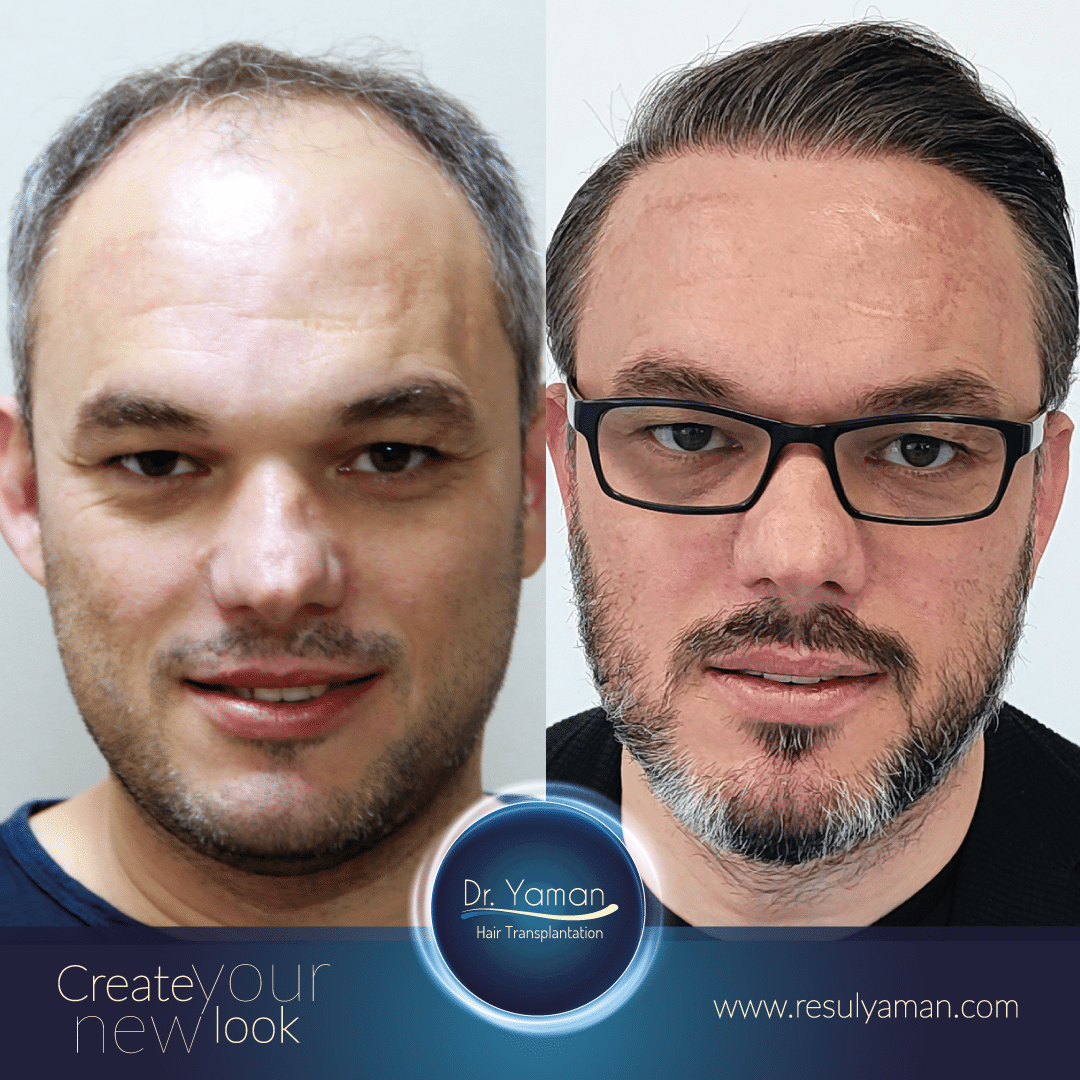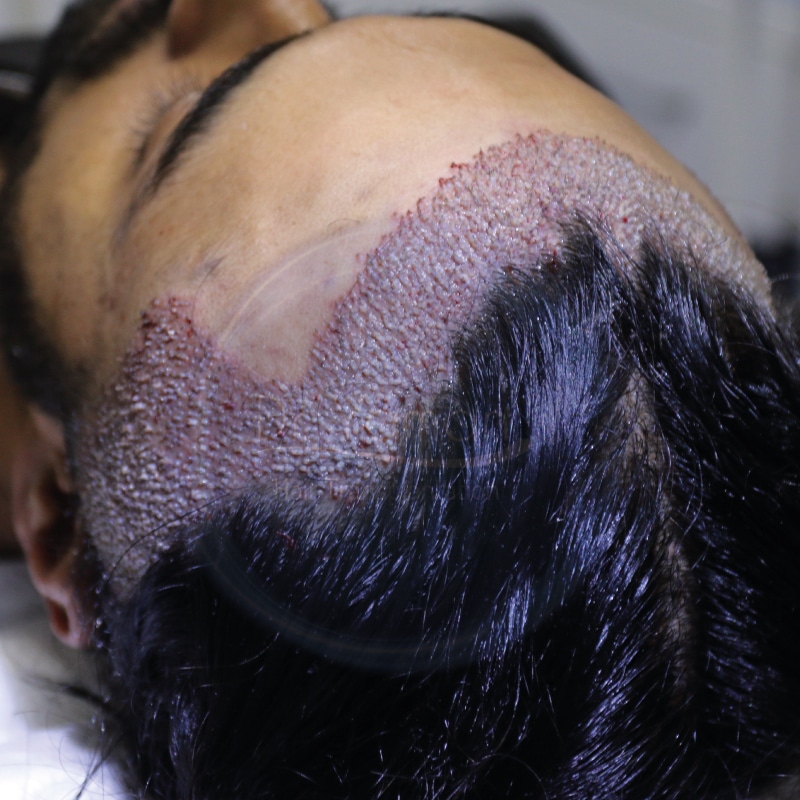I frequently get asked about age suitability for hair transplants including what’s the youngest and oldest age you should consider one. In truth, there is no definitive answer and each person’s case is different based on factors like their hair quality, hair loss condition, life choices, and aims.
In this guide, I want to show the realities of having a hair transplant in your later life and if it’s possible to have a hair transplant at age 70 or over. There really isn’t a “cut off” point for hair transplants, but there are a host of important factors you must consider that affect the viability as you get older so read on to find out more.
The Hair Transplant Procedure
It’s first crucial to understand the hair transplant procedure so you know exactly what you are putting your body through. This will help you gauge if you think you can cope with it at the age of 70 or older. A typical hair transplant consultation and surgery involves:
- You have a consultation with the surgeon to assess your hair loss and find a suitable solution.
- The type of surgery is chosen such as manual FUE, DHI, or Sapphire FUE.
- Depending on the surgery type, your hair may be shaven beforehand.
- During the procedure, healthy hair grafts are surgically removed (typically from the back of your head).
- These hair grafts are then implanted into the areas of hair loss.
- After the surgery, there is a recovery period where your scalp heals and the hair follicles stabilize.
The surgery typically lasts for several hours depending on the method used and the recovery period where your scalp is tender and potentially swollen can be between 7-10 days.
Compared to other invasive surgeries, hair transplants are relatively painless and during the procedure, your scalp is numbed using local anesthetic. Your scalp can feel sore afterward and it is normal for scabs to develop that will eventually crust and fall off after 7-10 days.
Considerations for Individuals Over 70

Compared to a younger patient in their 30s, having a hair transplant at age 70 or older involves more considerations including:
- General health
- Hair loss severity
- Quality of your hair
- Abundance of your hair
The main influencing factor is your general health and how you would cope with having surgery in later life. As we get older, our bodies recover slower, and surgeries (even something minimalistic like a hair transplant) take their toll and can feel worse than they should be.
You essentially have to consider if you feel fit enough to go through with the procedure, the expense and travel time, the recovery period afterward, and if at this stage in your life, a hair transplant is necessary or beneficial.
Factors Influencing Suitability for Older Patients
Aside from being mentally OK with a hair transplant at age 70 and knowing you will cope with the recovery, some factors dictate whether you are a suitable candidate or not, including:
- Physical fitness.
- The condition of your hair.
- The fullness of your hair in the donor area.
Physical fitness plays a role in hair transplants as this can affect the quality of your hair and your recovery post-surgery. If you have a range of pre-existing medical conditions, a hair transplant surgeon may advise against putting yourself through the procedure.
The condition of your hair matters greatly too as with hair transplants, you are using your own hair as donor hair – not someone else. You can’t just get young and healthy hair from a willing donor.
Therefore, if your hair condition is poor (i.e. it’s thin, grey, and brittle), that’s exactly how it will look when it is transplanted into your areas of hair loss. You can only work with the hair you have so if your hair has seen better days, a transplant may not be worthwhile.
Alternatively, you may still have a full head of thick hair that you have looked after for 70 years in which case a hair transplant could yield great results. This is not usually the case though, because as we get older the condition and quality of our hair naturally degrades and this is why it’s far better to have a hair transplant when you are younger – typically in your 30s or 40s.
It’s Never Too Late for a Hair Transplant But Each Person is Different
So, can you have a hair transplant at age 70? Potentially, suitability has to be assessed on a case-by-case basis and you have to look at individual factors including your general health, hair loss extent, and the quality of your hair.
As you are older, you also have to consider the possibility that the recovery period could be longer and more difficult, and the results of the hair transplant will only reflect the current quality of your hair.
 WhatsApp
WhatsApp Get Mail!
Get Mail!
 English
English Italiano
Italiano Español
Español Türkçe
Türkçe Português
Português Français
Français Deutsch
Deutsch عربي
عربي



